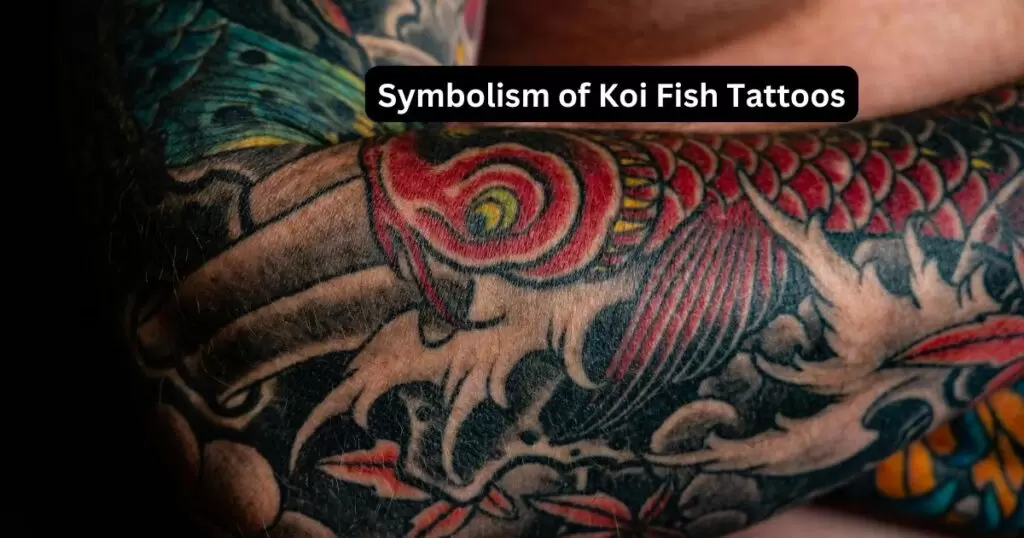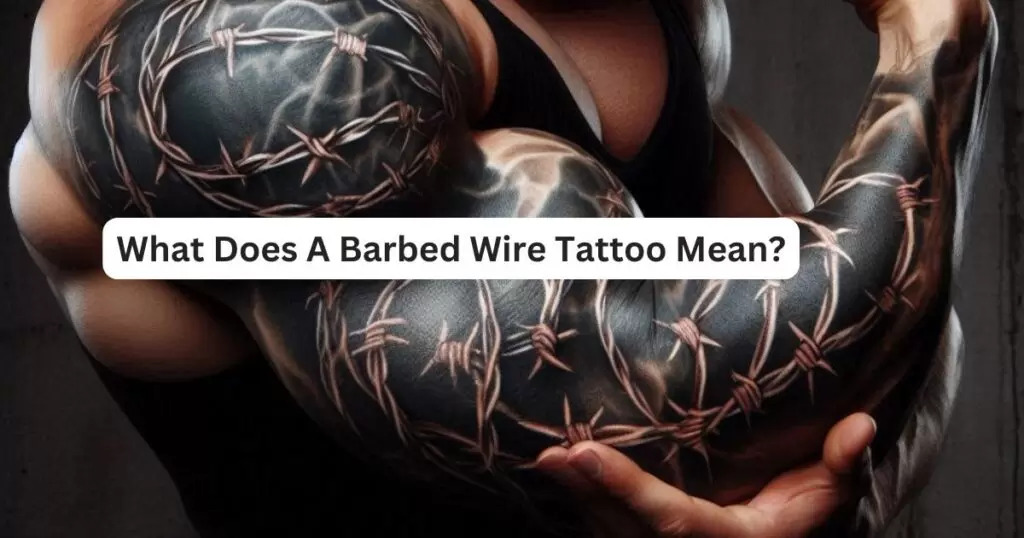Sobriety tattoos are designs that symbolize a person’s journey to recovery from addiction. They often mark a milestone or commitment to staying sober. Many people who choose these tattoos do so as a reminder of their strength and dedication to living a life free of substances.
The Meaning Behind Sobriety Tattoos
Sobriety tattoos hold deep, personal meaning. They can represent a struggle overcome, a life changed, or a fresh start. People in recovery often get tattoos to celebrate the success of staying clean or to remind themselves of the battles they’ve fought.
For some, these tattoos act as a visual reminder of their goals. Every time they see their tattoo, they reflect on their journey and recommit to staying sober. The meaning behind each tattoo varies, but it’s always tied to personal strength, resilience, and growth.
What Tattoo Symbolizes Sobriety?
Many sobriety tattoos use common symbols that represent recovery. Here are a few of the most popular:
1. The Recovery Triangle
This is often tied to Alcoholics Anonymous (AA). The triangle represents unity, recovery, and service. It’s a powerful symbol for those in 12-step programs, reminding them of the principles that guide their recovery.
2. The Serenity Prayer
Another popular choice is the Serenity Prayer. It reflects the desire to accept what cannot be changed, change what can be, and seek wisdom in knowing the difference. This prayer often serves as a guiding principle for many in recovery.
3. Sobriety Dates
Some people choose to tattoo the date they became sober. This date holds great significance. It acts as a permanent reminder of their achievement and the life they’ve chosen.
4. The Phoenix
The phoenix, a mythical bird that rises from its ashes, symbolizes rebirth and new beginnings. Many people in recovery see their journey as a form of personal rebirth, making the phoenix a fitting choice.
5. Butterflies
Butterflies, which go through a complete transformation during their life cycle, are often seen as a symbol of change and freedom. For those in recovery, this can represent their transformation and the freedom found in sobriety.
Why Get a Sobriety Tattoo?
A sobriety tattoo is a deeply personal choice. It can serve as a constant reminder of one’s strength and resilience. Here are a few reasons why someone might choose to get one:
1. Milestone Marking
For many, a sobriety tattoo is a way to mark a significant milestone. Whether it’s one year sober, five years, or a lifetime of recovery, the tattoo commemorates this achievement.
2. Motivation to Stay Sober
A tattoo can be a visual motivator. When urges or cravings come up, seeing the tattoo can remind someone of the journey they’ve been through and why they want to stay sober.
3. Celebrating Personal Growth
Recovery is not just about abstaining from substances—it’s also about personal growth and change. A tattoo can symbolize how a person has grown during their recovery process.
4. Sharing a Personal Story
A sobriety tattoo can open up conversations with others. It may inspire others to seek help, or simply be a way to share one’s recovery story with those who ask about it.
Things to Consider Before Getting a Sobriety Tattoo
Before committing to a sobriety tattoo, it’s important to think through the decision carefully. Here are some things to keep in mind:
1. What Does the Tattoo Mean to You?
Make sure the tattoo you choose holds personal significance. This tattoo will be a permanent reminder of your recovery journey, so it must resonate with your experiences.
2. Placement of the Tattoo
Consider where you want to place the tattoo. Do you want it to be visible as a constant reminder, or in a more private location where only you can see it? The placement can affect how often you’ll be reminded of your commitment to sobriety.
3. Choosing a Design
Spend time thinking about what design best represents your recovery. Whether it’s a specific symbol or something more abstract, make sure it reflects your journey.
4. Think Long-Term
Tattoos are permanent. Before getting a sobriety tattoo, be sure you’re fully committed to the design and what it represents. It’s not uncommon for people to want a tattoo in the early stages of recovery, but it’s best to make this decision with a clear mind and after a significant amount of sober time.
Alternatives to Sobriety Tattoos
If a permanent tattoo seems like too much of a commitment, there are alternatives. Some people choose temporary tattoos as a way to try out designs or symbols before committing to something permanent. Others may prefer jewelry or other personal reminders of their sobriety.
Bracelets with meaningful charms, necklaces, or rings can serve a similar purpose as sobriety tattoos. They are physical reminders of one’s journey and can be just as effective in staying motivated in recovery.
What Your Sobriety Tattoo Says About You
A sobriety tattoo symbolizes personal strength, resilience, and commitment to recovery. It shows that you have overcome challenges related to addiction and are dedicated to maintaining a sober lifestyle.
It can represent various aspects of your journey—whether it’s overcoming a struggle, marking a significant milestone, or simply serving as a daily reminder of your decision to live free from substances. These tattoos often communicate pride in personal growth and serve as a visible marker of a new chapter in life.
What Does the 2% Sobriety Tattoo Mean?
The “2% sobriety tattoo” refers to a statistic from recovery circles. It is said that only about 2% of people in recovery remain sober long-term. The 2% tattoo is worn by some to signify that they are part of this small, resilient group.
It is a badge of honor for those who have overcome the odds and stayed on the path of sobriety. This tattoo can be a powerful reminder of the commitment and hard work required to achieve and maintain sobriety in the long term.
What Is the Color for Sobriety?
The color most commonly associated with sobriety is blue. In particular, the darker shades of blue represent serenity, peace, and calm—qualities often associated with recovery. The color is meant to symbolize a clear mind, emotional stability, and the sense of clarity that comes with a sober life.
Some also associate the color silver with sobriety, as it represents redemption and the process of reclaiming one’s life from addiction. Both colors can be found in various sobriety-related designs, including tattoos, jewelry, and other symbols.
Final Thoughts on Sobriety Tattoos
Sobriety tattoos are a powerful way for people in recovery to celebrate their strength and resilience. Whether it’s a symbol of personal growth, a reminder of the commitment to stay sober, or a way to mark a major milestone, these tattoos hold deep meaning.
For anyone considering a sobriety tattoo, it’s important to choose a design that resonates with their journey. Remember that recovery is a deeply personal experience, and a sobriety tattoo should reflect that.




